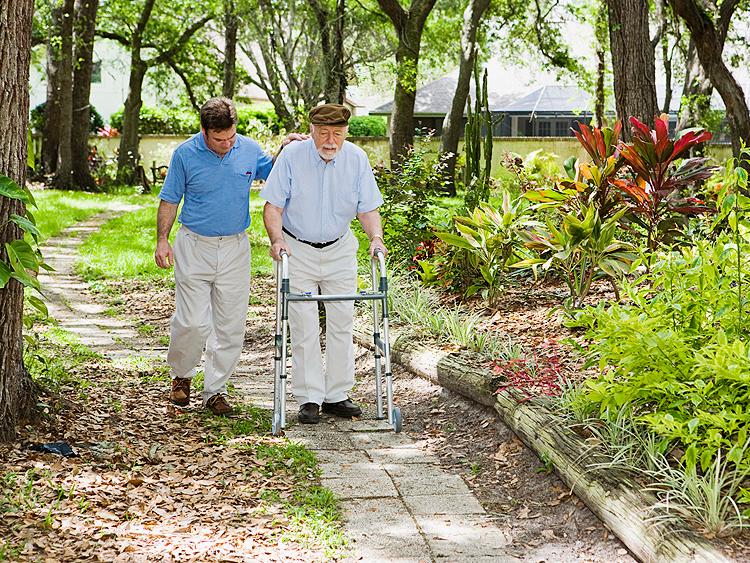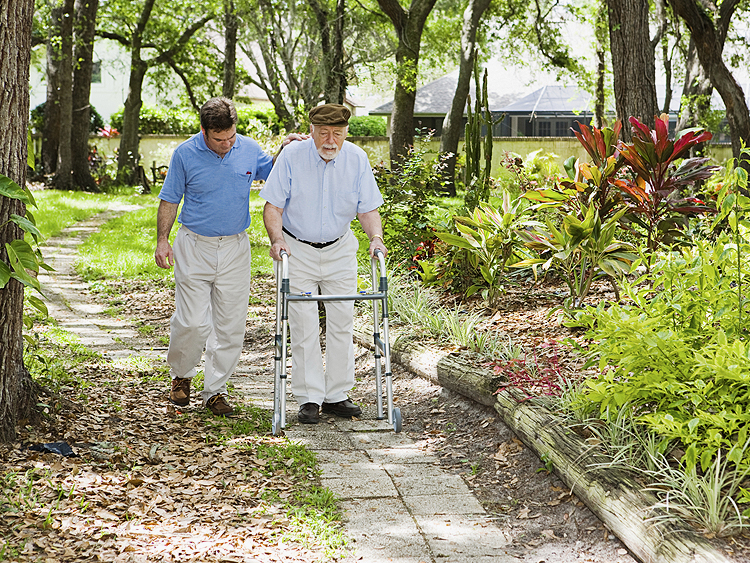Father’s Day has us all thinking about what to give Dad on his special day.
Of course there are many choices in multiple categories like sports, technology, food, and accessories. But the answers that the following men gave The Epoch Times about what they really want are surprising.
Justin (who asked not to disclose his last name) from Montclair, N.J., writes the blog Daddy Knows Less. He tweeted to me that all he really wants is “a good meal, a good nap, and some ‘alone time’ with the lady of the house.”
This opinion was echoed by Neil Hupping from Calgary, Canada, who tweeted, “It’s funny how dads don’t really care about gifts and [that kind of] attention.”
David Torley, a funeral director from Clifton, N.J., holds a similar view.
“Looking forward to a nice relaxing weekend with my family. Hopefully, it will be sunny so we can do a little barbecue,” he said in an email.
Ultimately, the one priority for these men is the quality time spent with family members. And quality time means learning to stay present during the moments spent with family.
There are many different paths to the present moment, says Cathy Cassani Adams on the website www.chicagoparent.com. Among them she lists yoga, prayer, meditation, deep breathing, writing, singing, and so on.
“It’s about getting off autopilot and becoming aware of the automatic actions and reactions you are used to, and finding a place of clarity and calm,” she says. “The present moment offers peace.”
Adams recommends several ways to practice mindfulness with kids: “If you are playing with your children, look them in the eyes and listen to them,” she writes on the blog. “Focus on what they look like in that moment and how they make you feel.”
Patrick McMillan lists four tips to present-moment parenting on his website www.happierkidsnow.com.
His first tip is to make time to have family meals together—including breakfast. This bonding time kicks off the new day with a bright start.
His second tip is to turn off technology when you’re with the kids and ask them to do the same. Hands Free Mama blogger Rachel Stafford maintains that this should be mandatory. Though useful, technology impedes connecting and communicating with others and gets in the way of present-moment consciousness.
McMillan’s third tip is to focus on the positive and what is working in any given situation, rather than seeing what’s wrong and trying to fix it.
This way of viewing kids’ behavior forms the basis for Howard Glasser’s Nurtured Heart Approach to parenting. Glasser and his colleagues train parents to pay close attention to the positive activities that children engage in—even when they seem minor.
Finally, McMillan suggests expressing gratitude to your family. Thank them for being amazing. Tell them how grateful you are to be with them.
Even if the relationship with Dad is less than stellar, you can turn that around if you choose, the way that McMillan did. He said that his attitude improved when he allowed compassion to guide his relationship with his father, though he had previously suffered great disappointment over his father’s lack of availability while he was growing up.
He writes: “My feelings of compassion led to my easily getting to a place of forgiveness and feeling grateful to my dad for bringing me into this world and providing for me in the best way he knew how.”
In fact, there is a correlation between being present and being happier. McMillan says that research shows that happier people reap huge benefits like longer life, better health, stronger relationships, greater academic success, and better careers with higher income.
Now aren’t those gifts of true value?







